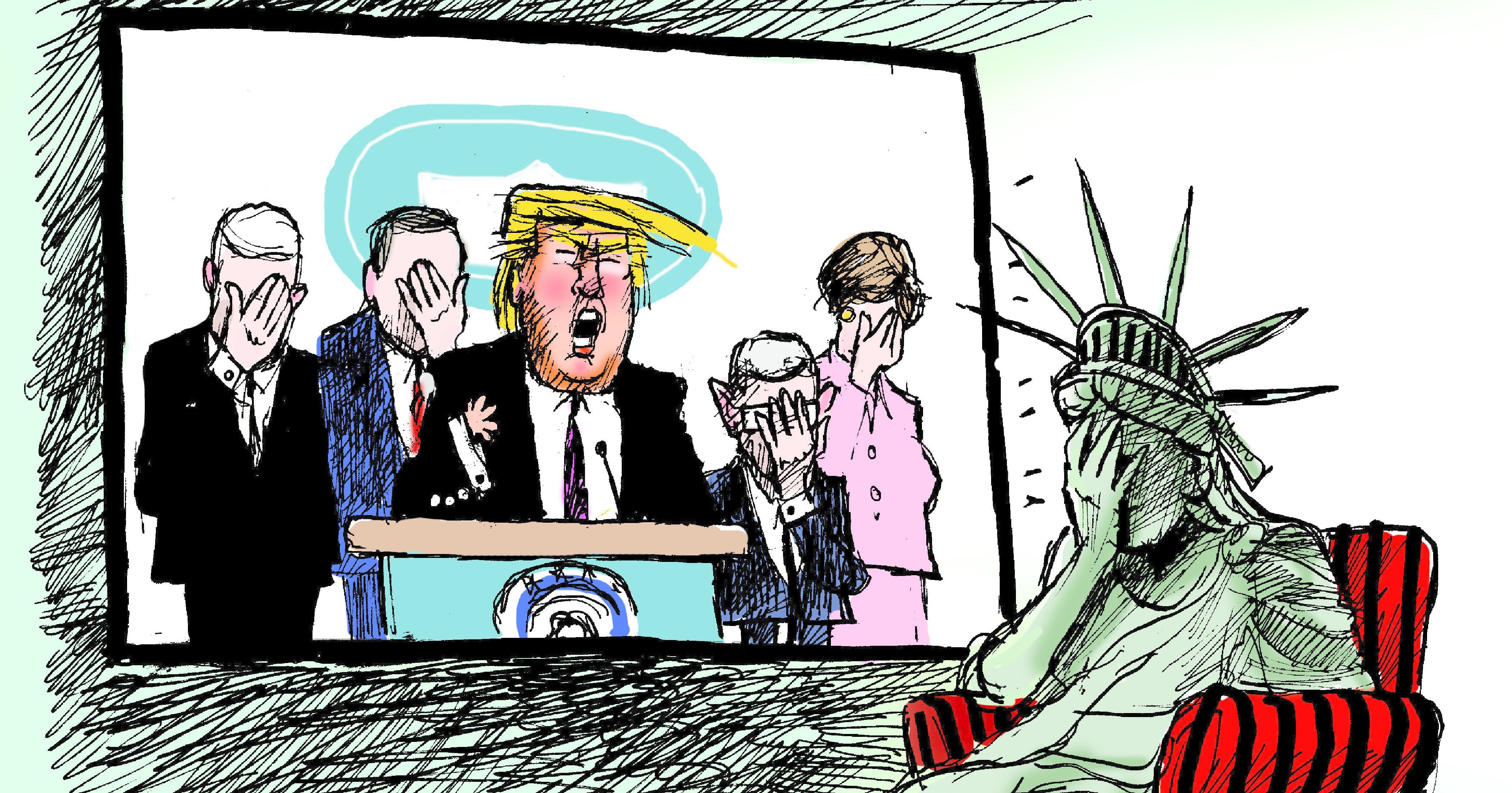

Jul
As pretty much all loyal ChinaFund.com readers (should) know all too well, Sino-American relations have been tension-laden for trade-related reasons well before the coronavirus (later on COVID-19) became a known threat. It therefore makes perfect sense to see the relationship between the world’s #1 and #2 economic superpowers in nominal GDP terms from the perspective of the new information we have unfortunately been privy to in 2020.
Whenever challenges such as the COVID-19 one emerged, humanity was always faced with a binary choice: either solidarity/collaboration or, on the contrary, isolationism. The exact same principle is valid in 2020 as well and as expected, signals have been… well, mixed.
On the one hand, China has manifested a clear willingness to help affected nations through anything from goodwill packages containing essential such as masks to know-how from its teams of experts, experts who have traveled to some of the world’s most affected nations such as Italy so as to provide feedback as to what worked in China and what didn’t. Furthermore, exports of medical industry essentials were eventually re-enabled and for a more detailed perspective on the export dimension, please read the article we have dedicated to the topic in question by clicking HERE.
On the other hand, however, while China managed to implement impressive quarantine measures and ultimately keep the virus under control, its initial handling of the situation left a lot to be desired. It would have most definitely helped quite a bit if Beijing would have been more transparent rather than try to proverbially sweep the issue under the rug. They didn’t and this gave more than enough ammunition to China critics such as Donald Trump, who even went so far as to continuously refer to COVID-19 as the “Chinese virus” and even a joint G7 statement was ultimately blocked due to the US insisting on using the “Wuhan virus” term. Granted, Donald Trump’s attitude also came as a response to the gestures of certain Chinese officials, who spread misinformation about the entire COVID-19 issue essentially being orchestrated by the US… the Web of let’s call it fake news is remarkably complex.
As can be seen, reactions have been volatile… to put it mildly.
While some officials have been quick to recommend exercising restraint and embracing international cooperation so as to tackle the COVID-19 pandemic collectively, others have poured gasoline on an already-problematic fire because the narrative of blaming an external party (China blaming the US, the US blaming China, etc.) suited their political agendas.
The elephant in the room is this: what happens next?
Once the dust settles, even after a very complex pandemic, humanity finds itself ready to return… but to what exactly? In other words, just what kind of a global economy will we be returning to once the COVID-19 situation is firmly under control? At this point in time, we believe that those who assume we can simply pick up where we left off are deluding themselves.
Why?
Simply because the pandemic sounded alarms on all fronts and issued warning signals that many wouldn’t have thought about otherwise, including or especially decision-makers. The implications can range from mild ones such as setting aside more adequate stockpiles of essentials in the future to… believe it or not, even re-thinking globalization.
In another article, we have focused on perhaps the most dangerous topic of them all from the perspective of our globalized world: the idea that corporations might be “encouraged” to re-think the complexity of their supply chains. In other words and in plain English, this means relying more on domestic raw materials and manpower in an effort to become less dependent on other jurisdictions.
From the perspective of quite a few decision-makers, the days of relying on other nations for at the very least products that are necessary for national security are gone, with them pointing their fingers at China and the major bottleneck issue it has experienced when it comes to essential medical supplies. Simply put, many Western countries were either importing equipment from China altogether or at least relied on Chinese components/materials. Needless to say, when exports of these key products were halted so as to meet domestic demand, the companies in question found themselves in a major predicament. Even after exports were once again approved, it took a while until supply chain dynamics adapted and, again, temporary bottlenecks were still problematic issues.
Moving on to the economic front, many companies ended up being financially devastated by the fact that the quarantine measures forced them to essentially close up shop temporarily and had to be bailed out by their respective governments. This time around as opposed to the Great Recession, the public demands that there are clear strings attached and among them, a key request revolves around moving as much in terms of production as possible back home.
As can be seen, despite the fact that heart-warming examples of solidarity abounded, there are also powerful forces at play which act in the exact opposite direction. To once again add gasoline to fire, the fact that 2020 is an election year in the United States as well as other jurisdictions tends to make the issue even more problematic, as politicians are oftentimes (pretty much always) tempted to adopt rhetoric which revolves around finding a common enemy to blame and, needless to say, China is the usual suspect. Make no mistake, it is naïve at best to assume that the COVID-19 situation will not represent the number one campaign issue by far, and not just in the United States.
This much is certain: the year 2020 will be remembered as one of the most challenging ones in recent history and the jury is still out as far as long-term consequences are concerned. What we do believe without a shadow of a doubt is that humanity will have important decisions to make in 2020 and beyond, decisions which can (from many perspectives) be summed up through the following question/choice: solidarity or isolationism?
